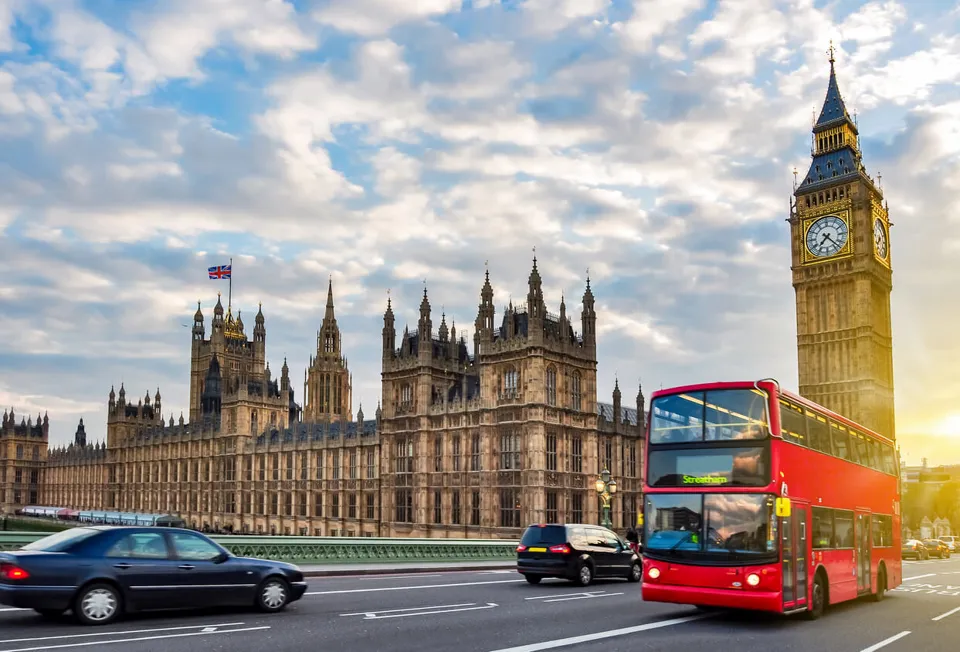Britain’s main political parties have failed to address some of the key concerns facing fleet operators in their manifestos.
There are some positive policy proposals around road spending and air quality issues, but fleets will be left disappointed that none of the major parties have made pledges around road safety and approved mileage allowance payments (AMAPs). As a result, millions of employees continue to have no financial disincentive to use safer, lower emission vehicles.
And, while Labour and the SNP told Fleet News they would support the introduction of road safety targets, the Conservatives said they did not need “an arbitrary number” to prove their commitment to saving lives.
These issues were included in the Fleet Industry Manifesto – a wishlist drawn-up by Fleet News, in collaboration with British Vehicle Rental and Leasing Association (BVRLA) and fleet decision-makers’ trade body ACFO.
“An estimated one-third of all accidents are work-related, yet politicians continue to demonstrate their apparent total disregard for the huge social and economic costs that ensue,” said BVRLA chief executive Gerry Keaney.
“No targets, no guidance and no reporting is a recipe for continued work-related carnage on our roads.”
Analysis of the manifestos showed a growing political consensus that more needed to be done to tackle air quality. Most of the major parties agree that local authorities should be supported in setting up low-emission zones, but only the Liberal Democrats and Labour have explicitly backed a national framework to govern these.
The Conservatives and Liberal Democrats both say they would try to accelerate the uptake of ultra-low emission vehicles, with the Tories pledging £500 million to ensure that nearly every car and van on the road would be a zero emission vehicle within 35 years. The Liberal Democrats are more ambitious, saying they will only allow ultra-low emission cars on UK roads by 2040.
Meanwhile, the Liberal Democrats were the only party to respond to the Fleet Industry Manifesto’s request to come up with more effective motoring tax incentives promoting ultra-low emission vehicles. The party said it would reform vehicle excise duty, and add a separate banding for new diesel cars.
RAC chief engineer David Bizley said: “The RAC is looking for reassurances that any new tax bandings would not unfairly penalise such motorists who previously chose diesel in good faith based upon advice from scientists and encouraged by the Government.”
All the main parties have committed to increased, longer-term funding for the national road network, but the Conservatives are the only party to put a figure on this investment – £15 billion over the next parliament – while Labour is the only party to make any mention of addressing the poor investment in neglected local roads.
Bizley said: “While the promise from Labour to place a greater focus on improving local roads is to be welcomed, we would like clarity on what exactly is the party’s position on the strategic road network.”
Another area of concern for fleets will be fuel duty, frozen since 2011. Prior to publication of the manifestos, Labour declined to comment when asked about its position on the issue. Its manifesto, along with those of the Conservatives and Liberal Democrats give no indication of future direction.
“We call on all the main political parties to make their position on fuel duty crystal clear, so that motorists are not unfairly hit with a nasty surprise when the new Government takes office after May 7,” said Bizley.




















Login to comment
Comments
No comments have been made yet.